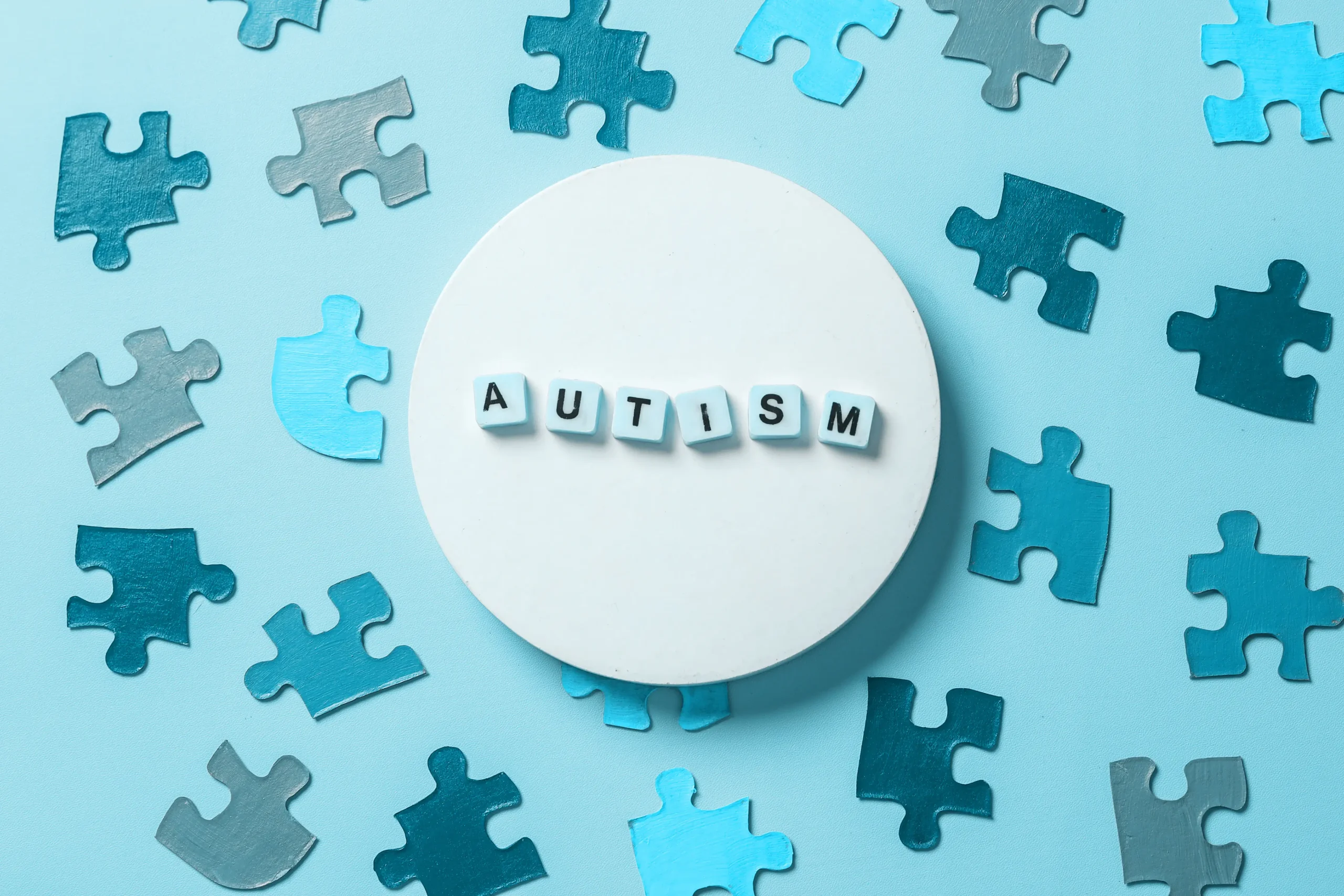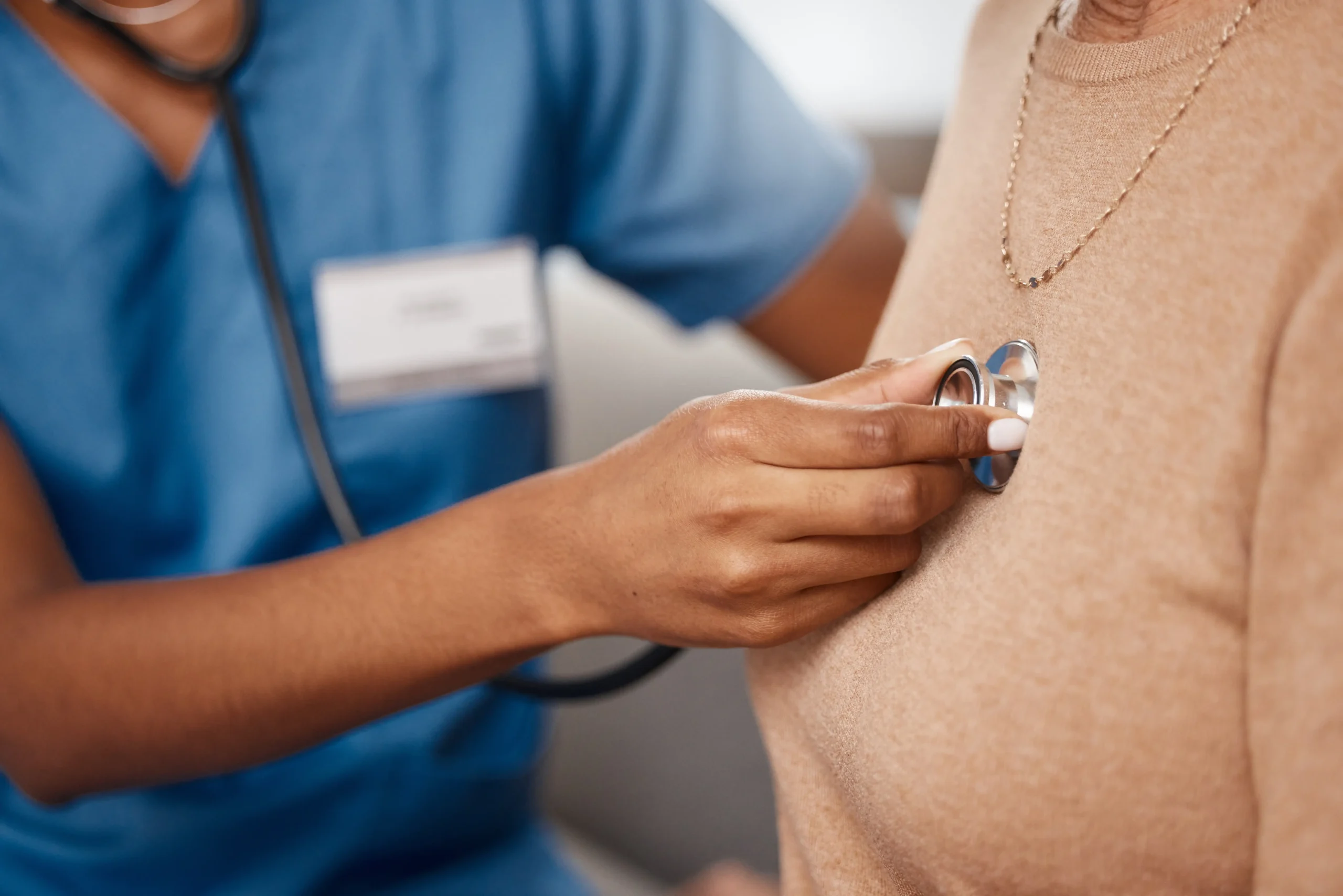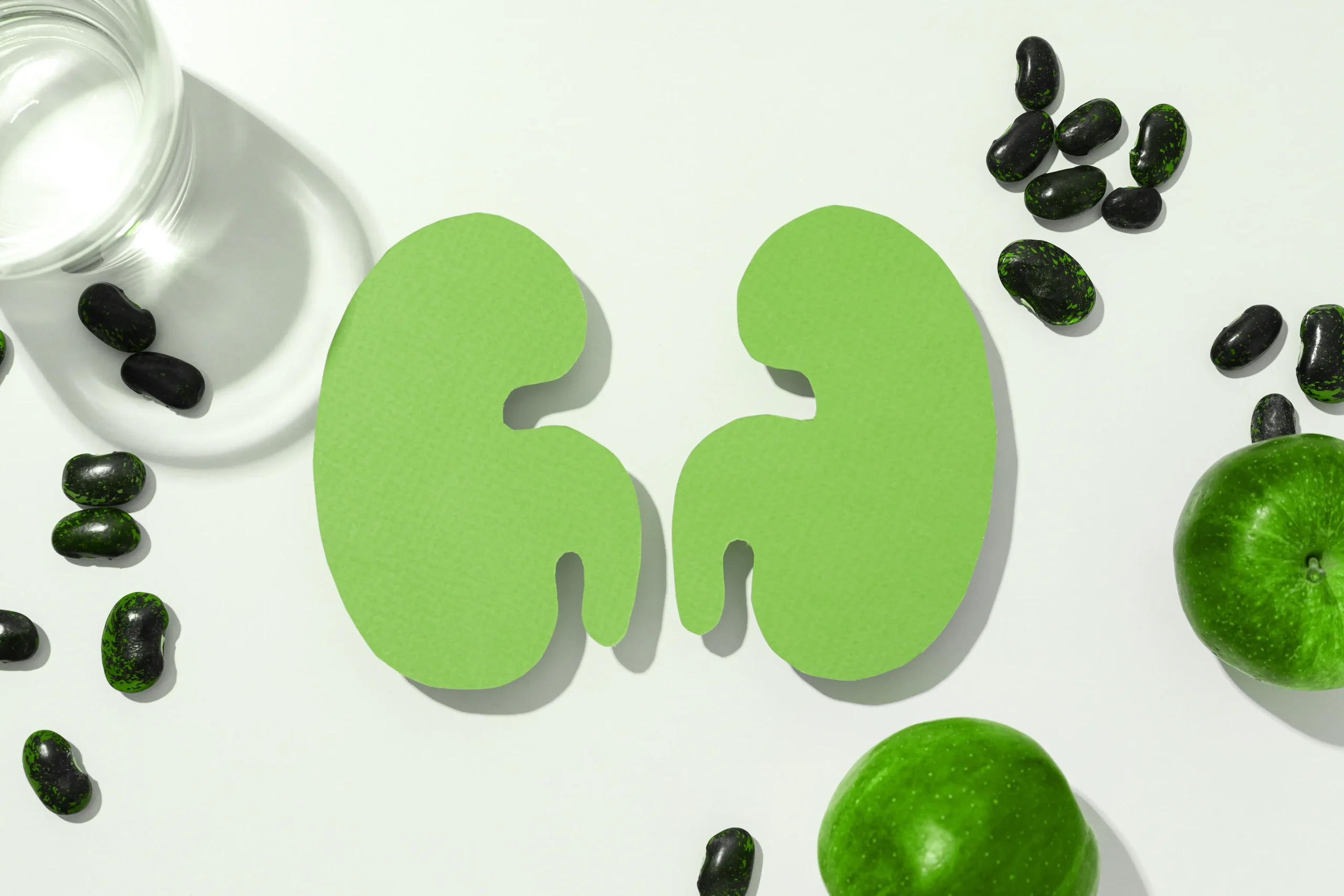Diabetes is a Lifestyle Disease
Did you know? Diabetes is one of the leading causes of blindness. It also leads to kidney failure, heart attacks, stroke, and lower limb amputation. Type 2 diabetes is fast becoming a common lifestyle disease and is indicative of the environment we live in today. We live fast, eat badly and barely exercise.
About Diabetes
Glucose is vital to us. It is a sugar found in foods containing carbohydrates and is also made in the liver. It provides our muscle and tissue-cells with a much-needed source of energy. It also helps fuel our brain. Diabetes affects the way our bodies use blood glucose, and occurs when the body is resistant to insulin due to factors like weight-gain or when the pancreas does not produce enough insulin to move the glucose into the cells for energy.
Diabetes has grown exponentially since the 1990s. So much so that in 1991 the IDF (International Diabetes Foundation) and WHO (World Health Organization) designated the 14th November as World Diabetes day, to raise awareness of the disease, how it affects people, and how it can be prevented.
There are various types of diabetes. But, one thing is certain, no matter what type of diabetes a person has, it leads to excess sugar in the blood. Too much sugar leads to very serious health issues.
The most chronic diabetes conditions are Type 1 and Type 2. They aren’t reversible but can be managed through medical care and a healthy lifestyle plus diet.
The only reversible forms of diabetes are prediabetes and gestational diabetes. With prediabetes your blood sugars are quite high but not high enough to be classified as diabetes. Gestational diabetes occurs during pregnancy, usually during the third and final trimesters, and is generally resolved after the baby is born.
What is the difference between Type 1 and Type 2 diabetes?
Type 1 usually makes an appearance during childhood and requires regular insulin injections to manage blood sugar levels. Type 2 is a disease brought on in our adult years – generally more common in people over 40. Although genetic factors can play a role, it is also directly linked to our unhealthy lifestyles, bad diets and lack of exercise. Fortunately, by seeking medical care, Type 1 and Type 2 diabetes can be managed very well with medication and by making healthy adjustments to our lifestyle.
Symptoms of diabetes
Your symptoms can vary based on how elevated your blood glucose is. If you have Type 2 diabetes, prediabetes or gestational diabetes, you may not even experience initial symptoms, which is why the disease is so dangerous. Have your blood glucose levels checked once a year if you are overweight or diabetes runs in your family. With Type 1 diabetes, symptoms can occur quickly and severely.
Here are the 10 most common symptoms of Type 1 and Type 2 diabetes:
- Frequent urination
- Feeling hungry all the time
- Abnormally thirsty
- Sudden and unexplained weight loss
- Tired all the time
- Irritable
- Blurry vision
- Sores that heal slowly
- Frequent gum, skin and vaginal infections
- A urine test will show a presence of ketones – they occur when there isn’t enough insulin in your blood
When should you seek medical attention?
You should see your doctor if you or a loved one notice any of the symptoms shown above, if you have already been diagnosed with diabetes or if you are concerned. Fortunately, if diabetes is diagnosed early on and managed properly, you can live a healthy life. Don’t let your blood sugars get out of control. By living healthily, eating a balanced diet and being aware of diabetes, you and your loved ones lower your risk of getting the disease. If you are diagnosed you will need to keep a close eye on your blood glucose levels and your doctor will insist on regular check-ups.
The lenmed Group is a world-class chain of Private Hospitals that brings quality healthcare to communities across Southern Africa.
If you have any concerns, please make an appointment with your doctor as soon as possible.
Dr S Mashamaite (General Practitioner)
MBChB (Natal), MPH (Unisa), Dip HIV Man (CMSA)
Zamokuhle Private Hospital
Tel: +27 (0) 11 923-7751/2
Email: [email protected]
Disclaimer: Any information contained here is merely a guideline. Always visit your healthcare practitioner for any health-related advice or diagnosis.















